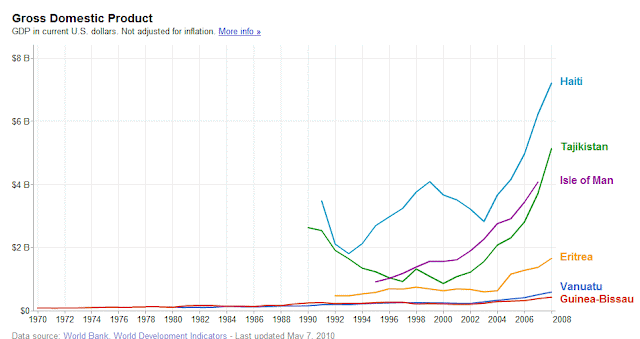High-speed recovery in the UK
The UK grew at an unexpectedly strong 1.1% rate in the second quarter, according to the ONS. Unexpected to the consensus of economists, that is - some of us are not so surprised. It has seemed clear - anecdotally, but from a wide range of conversations - that the economy has been fairly strong in the last few months - and with unexpectedly low growth in Q1, a rebound was already likely to show up the Q2 figures. This means that over the last year, the economy has grown by 1.6% - including a quarter of negative growth in 2009 Q3. If this quarter's rate is sustained - which it probably won't be - we will have almost 3% growth from October 2009 to September 2010. Even if it falls back to 0.7%, we will still have achieved a 2.5% growth rate. Despite George Osborne's sheepish attempts to take the credit - you can just tell that he knows better - this is a clear vindication of the last government's policies. Or rather, as Chris Dillow hints , it vindicates the last go...
